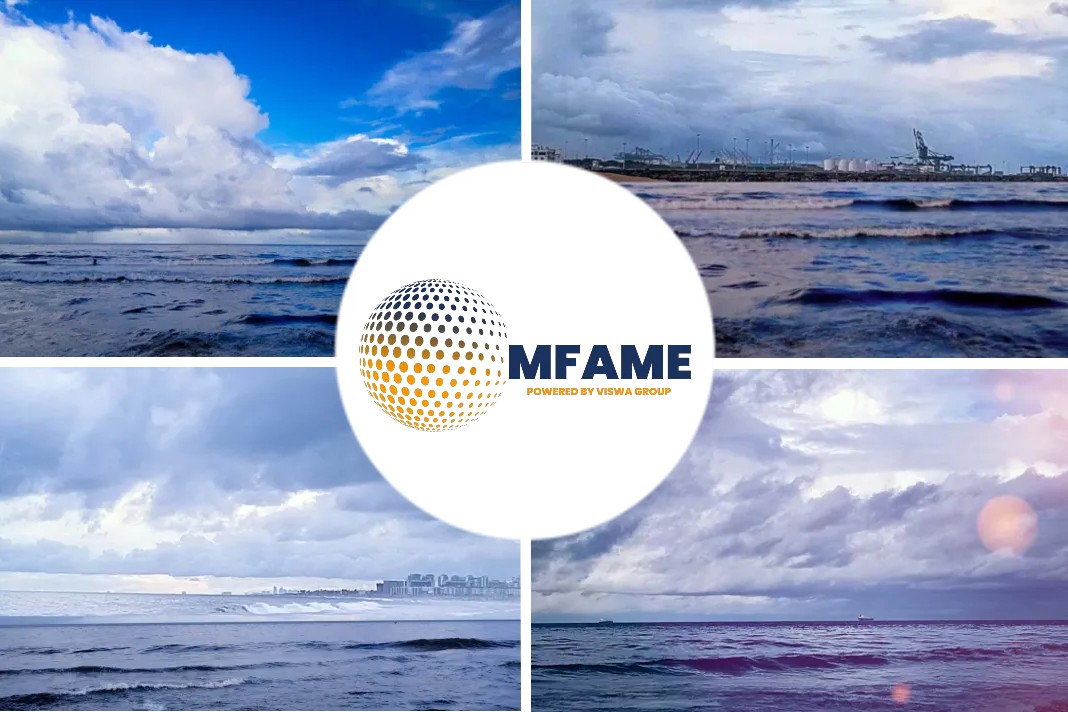
The Arctic Council was established in 1996 by the eight Arctic rim nations of Canada, Denmark, Finland, Iceland, Norway, Russia, Sweden, and the United States. The process began in 1989 when Finland invited other nations to a meeting to examine the ecology of the Arctic. The Arctic Environmental Protection Strategy, the council’s predecessor, was founded by the Rovaniemi Declaration (1991), which was the result of a Finnish initiative, as reported by People’s World.
Main concern
The main concern for these governments at the time was the impact of “global pollution and resulting environmental threats” to the Arctic, which was destroying the region’s ecosystem.
The Arctic Council’s remit was later expanded to include investigations on climate change and development in the region.
More recently, at the 2021 ministerial meeting of the Arctic Council in Reykjavík (Iceland), Russia took over as the organization’s rotating two-year chair.
In essence, the council’s future is at stake.
Yet, geopolitical tensions in the Arctic did not begin last year.
They have been simmering for more than a decade as these eight countries have jockeyed for control over the area – not to stem the dangers of climate change, but to exploit the vast deposits of minerals, metals, and fossil fuels that are present within the 21 million square kilometres of the Arctic Circle.
Common heritage
Far more lucrative is the mining of rare earth minerals (such as neodymium for capacitors and electric motors and terbium for magnets and lasers), whose value across the Arctic – from Greenland’s Kvanefjeld to Russia’s Kola Peninsula to the Canadian Shield – is estimated to be at least one trillion dollars.
As a result, exploitation of the Arctic’s resources is mainly the domain of the council’s member states and is largely outside of multilateral control.
However, the UNCLOS does constrain individual state sovereignty by declaring that the deep seabed is the “common heritage” of humanity and its exploration and exploitation “shall be carried out for the benefits of mankind as a whole, irrespective of the geographical location of States.”
In Kingston (Jamaica), the ISA’s legal and technical commission is developing a mining code to regulate the exploration and exploitation of the international seabed area.
It is worth noting that one-fifth of the commission’s members are from mining companies.
While there is no possibility of enacting a global moratorium on deep-sea mining – even in the Arctic, despite the 1959 Antarctic Treaty effectively banning mining on that continent – a mining code that favours mining companies will not only increase exploitation but also increase competition and the risk of conflict between major powers.
Military base
Every member of the Arctic Council has already created military bases on the Arctic rim, with the race to dominate the region accelerating after 2007, when Russian scientists symbolically placed a titanium flag on the Arctic seabed, 4,302 meters below the North Pole.
The Russian geological expedition was used as a pretext to expand militarization in the region.
Canada, for instance, is building the Nanisivik Naval Facility on Baffin Island, Nunavut, aiming for it to be operational in 2023.
Now, under pressure from NATO, seven of them have decided to no longer participate.
Increasingly, NATO is replacing the Arctic Council as a decision-making authority in the region, with its operations based on the Centre of Excellence for Cold Weather Operations in Norway.
Ideological battle
This hostile comment towards China and similar sentiments about Russia’s role in the Arctic are part of the ideological battle to justify the New Cold War.
In October 2022, Reykjavík hosted its annual Arctic Circle gathering, attended by all of the major powers, except Russia, which was not invited.
Bauer said that NATO must have a more muscular presence in the Arctic in order to check Russia as well as China, which he called “another authoritarian regime that does not share our values and undermines the rules-based international order.”
During the discussion period, China’s ambassador to Iceland, He Rulong, rose from his seat to say to the NATO admiral, “Your speech and remark are full of arrogance and also paranoid.
China, he continued, should not be “singled out [from] the cooperation.”
Absent from most of these discussions are the Indigenous communities who live in the Arctic: the Aleut and Yupik (United States); the Inuit (Canada, Greenland, and the United States); the Chukchi, Evenk, Khanty, Nenets, and Sakha (Russia); and the Saami (Finland, Norway, Russia, and Sweden).
Did you subscribe to our newsletter?
It’s free! Click here to subscribe!
Source: People’s World

























